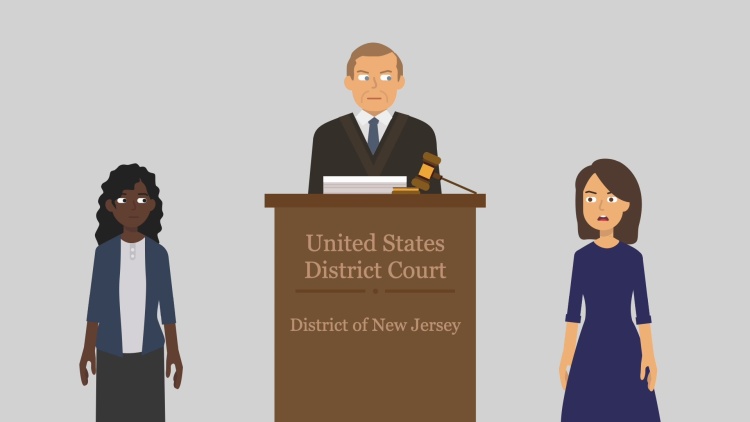Curtiss-Wright Corp. v. General Electric Co.
United States Supreme Court
446 U.S. 1 (1980)

- Written by Sarah Holley, JD
Facts
Curtiss-Wright Corp. (Curtiss) (plaintiff) sued General Electric Co. (defendant) in connection with contracts entered into for the manufacturing of components for nuclear-powered vessels. Curtiss’s claim included allegations of fraud, misrepresentation, and breach of contract and sought $19 million from General Electric as the outstanding balance due on contracts already performed. General Electric counterclaimed for $1.9 million in costs incurred as the result of extraordinary efforts made during its performance of the contracts and also sought $52 million by which Curtiss was allegedly unjustly enriched as a result of these extraordinary efforts. The parties did not dispute the $19 million debt owed but did contest the effect of a release clause contained in the contracts concerning when the debt had to be paid. The district court granted Curtiss’s motion for summary judgment on the balance due, notwithstanding the release clause. Curtiss successfully moved for certification of the order as a final judgment under Federal Rule of Civil Procedure (FRCP) 54(b). General Electric appealed. The appellate court reversed, finding the possibility of a setoff against any amounts due and owed to Curtiss weighed against the grant of FRCP 54(b) certification.
Rule of Law
Issue
Holding and Reasoning (Burger, C.J.)
What to do next…
Here's why 907,000 law students have relied on our case briefs:
- Written by law professors and practitioners, not other law students. 47,100 briefs, keyed to 996 casebooks. Top-notch customer support.
- The right amount of information, includes the facts, issues, rule of law, holding and reasoning, and any concurrences and dissents.
- Access in your classes, works on your mobile and tablet. Massive library of related video lessons and high quality multiple-choice questions.
- Easy to use, uniform format for every case brief. Written in plain English, not in legalese. Our briefs summarize and simplify; they don’t just repeat the court’s language.





